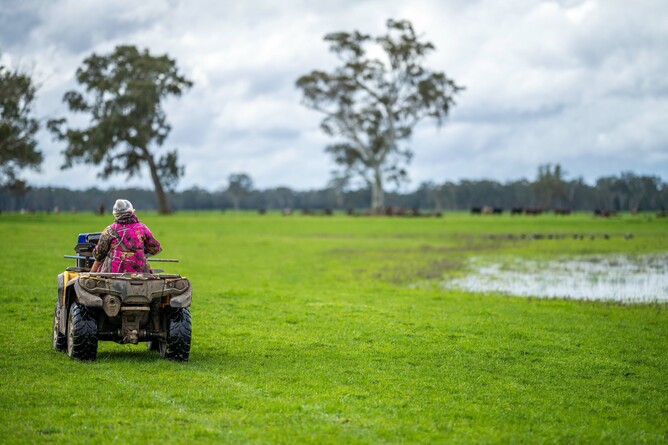Leptospirosis (Lepto) is the most common bacterial zoonotic disease in New Zealand – it’s easily spread from animals to humans.
A whole range of livestock can be infected by Lepto, including cattle, sheep, pigs, and even horses. Wild animals such as rats and possums can also transmit the disease.
The bacteria that causes the disease thrives in wet environments and is often spread via direct contact with urine or a contaminated water source. It can enter through cuts, but also through the mucous membranes of the eyes, nose and mouth.
The impact Lepto can have on farm is considerable – both on livestock and on human health. When infected, people tend to show flu-like symptoms and occasionally require hospitalisation. In livestock, Lepto can cause reduced growth rates, foetal loss, abortion, and even death. However, sometimes animals may show no signs at all, posing a hidden risk to farm workers.
In recent years we have seen some human cases of Lepto on vaccinated farms. These were due to a strain of Lepto called Pacifica. The Lepto 3-Way vaccine only covers three strains: Hardjo, Pomona and Copenhageni. With research suggesting that Pacifica could be present in almost three quarters of NZ dairy herds, a shift towards using the new Lepto 4-Way vaccine, which includes this strain, is needed to reduce the exposure risk.
As well as vaccinating, there are other things you can do on-farm to lower risk:
Avoid animal urine and spraying effluent.
Don’t eat, drink or smoke/vape when working near animals (particularly in the cowshed).
Wash hands regularly, cover up cuts, and wear gloves/PPE when needed.
Have good pest control.
Take care around surface water, especially after flooding.
See a doctor ASAP if you feel unwell.
Vaccination against all four strains of Lepto is the essential first step to preventing Lepto on farm. Ensuring all animals are vaccinated yearly can massively reduce the risk.
If you have any questions about when to vaccinate or how to transition to the new Lepto 4-Way, please get in touch.

